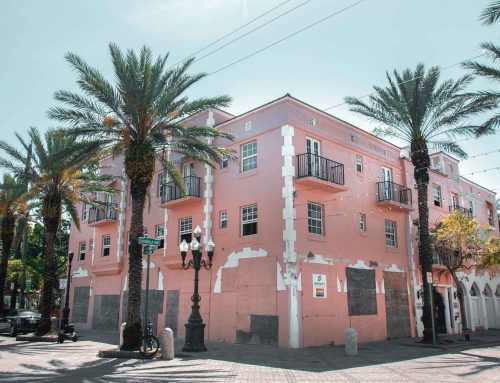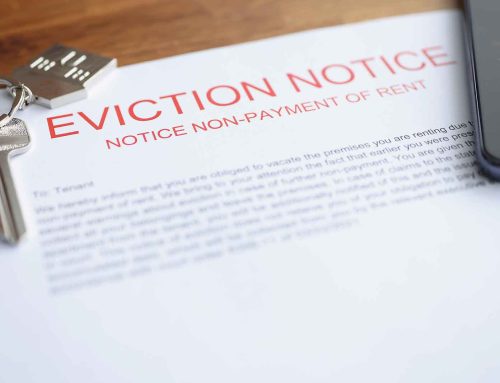It is always easier when a Landlord and Tenant are on the same page and able to have a harmonious relationship. Unfortunately, that doesn’t always happen. However, the Florida legislature has enacted certain statutes to try to ensure that Tenants and Landlords abide by certain duties toward each other.
First and foremost, it should be noted that Florida Statute 83.44 imposes on Landlords and Tenants an obligation of good faith in the performance or enforcement of a Lease. It is also important for the Landlord and Tenant to carefully read and understand the terms of the Lease, as some Lease terms may affect a Landlord and/or a Tenant’s duties.
Landlord’s duties
A Landlord has an ongoing duty to properly maintain the premises; or in other words, to keep the premises in a safe and livable condition. The Landlord is responsible for maintaining the structural components, providing pest extermination services, keeping any common areas in good condition, providing functioning heat and water services, and similar services. A somewhat comprehensive list of these types of services, for which the Landlord is responsible, can be found in Florida Statute 83.51. Note that the Landlord is not responsible for a condition caused by the negligence of the Tenant or Tenant’s guests.
Tenant’s duties
The Tenant likewise has certain duties towards a Landlord. Generally, the Tenant is required to keep the premises clean and sanitary, keep electrical and plumbing fixtures in good repair, and comply with all applicable health and building codes. The Tenant is further prohibited from damaging property belonging to the Landlord, and from disturbing the quiet enjoyment of the Tenant’s neighbors. A Tenant’s obligations toward the Landlord can be found in Florida Statute 83.52.
Under Florida Statute 83.53, a Tenant also has a duty to allow the Landlord to access the premises in certain circumstances. These circumstances include allowing the Landlord access to make repairs and show the premises to prospective buyers, future renters, and similar individuals. To access the premises for these reasons, the Landlord must give reasonable notice (defined in Florida Statute 83.53 as at least 12 hours) to the Tenant. Generally speaking, in an emergency, the Landlord can access the premises without the consent of the Tenant.
There are other, more straightforward duties, that the Landlord and Tenant have to each other. All other things being equal, the Tenant has the duty to pay rent to the Landlord and the duty to return the property to the Landlord in the same condition in which it was received. The Landlord has a duty to not lock the Tenant out of the premises nor turn the utilities off. Discussions about when these duties are and are not applicable can be found in our other blog posts.
If you are a Landlord or Tenant and believe the other party to your Lease has breached a duty towards you, please contact Siegel & Siegel at 561-620-8200. Our firm has successfully handled a variety of Landlord-Tenant issues. We look forward to helping you.
DISCLAIMER: The information contained on this website, including this article, presents general information and is not and should not be used as legal advice. Before acting on any of the materials presented on this website, we advise you to seek legal counsel regarding your unique situation. Using this website does not create an attorney-client relationship between the user and Siegel and Siegel, P.A., or any of its lawyers.
How a Tenant can defend against an eviction
As discussed in a previous blog, a landlord in Florida must follow specific procedures if they wish to evict a Tenant. Fairly often, however, Landlords do not follow [...]
When And How A Landlord Can Evict A Tenant
People are not always perfect, so residential tenancies are also not consistently excellent. Throughout a residential tenancy, a tenant may not always act in a way that the [...]
What is “normal wear and tear”, as it relates to Real Property Leases in Florida?
Anyone who's ever stayed in the same house or apartment for a couple of years or longer knows that some items and furnishings naturally wear down. Leases commonly [...]
What the New Florida Landlord Tenant Law Could Mean for You
What the New Florida Landlord Tenant Law- HB 1417- Could Mean for You Introduction: In July of 2023, the State passed HB 1417, a law relating [...]
What are my options if my Landlord keeps my Security Deposit?
You gave your Landlord a security deposit before you moved in. You're ready to (or already did) move out. Now, your Landlord has informed you that he or [...]















